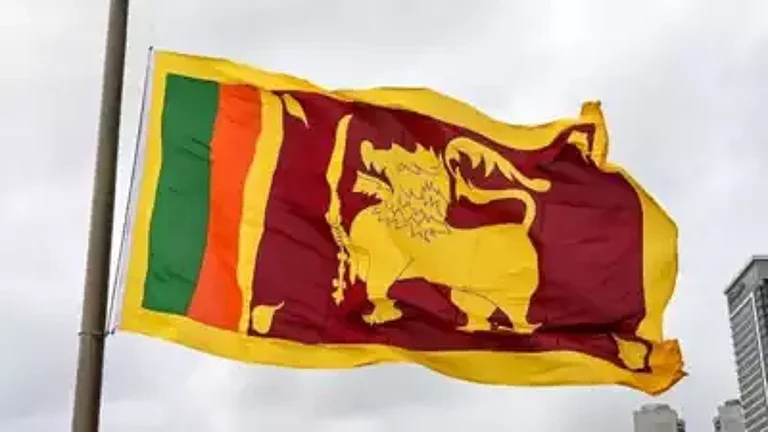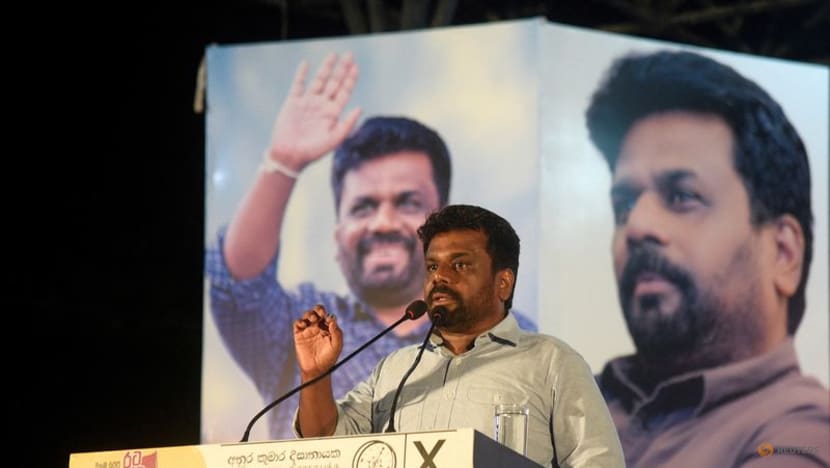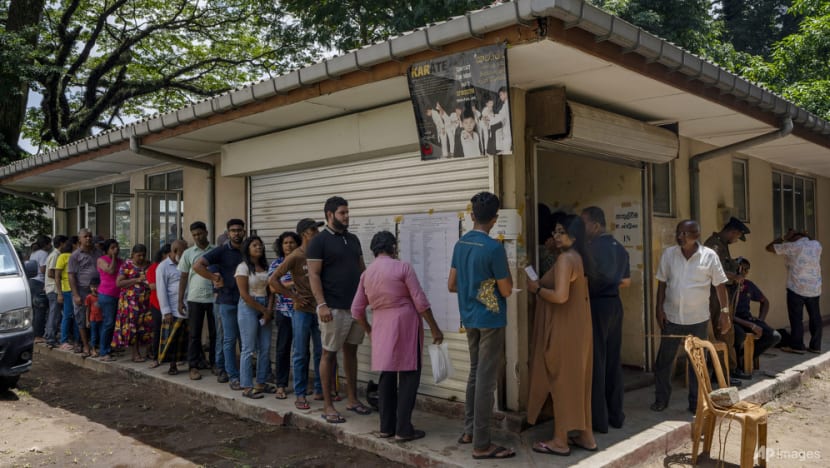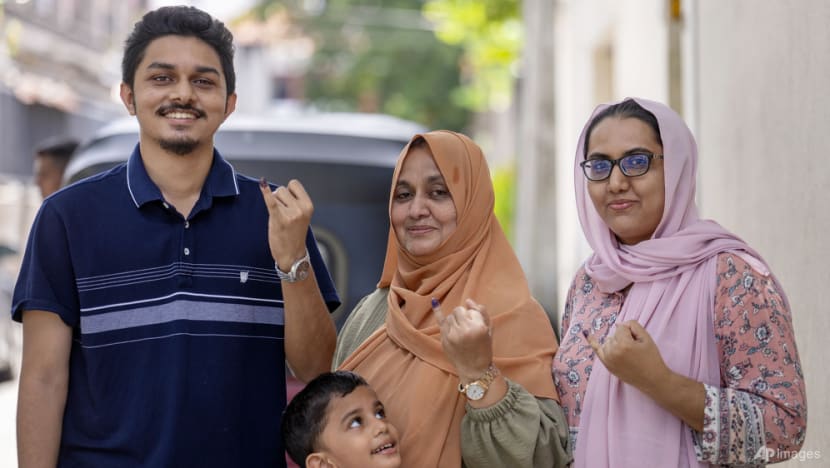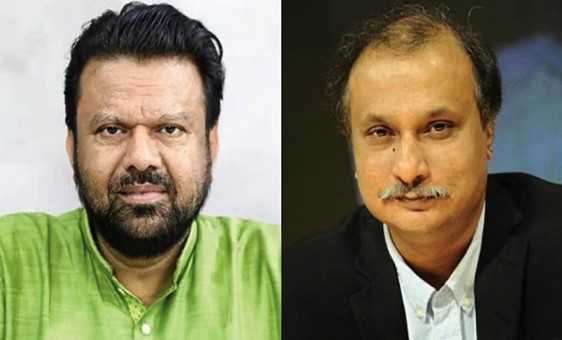Asoka (Weerasinghe)
Dear. Editor:
The time hsarrived for me to respond to Asoka, Your letters are funny and entertaining to read. However, I am afraid that sarcastic letters like these will not yield any positive results.”
Nihal, I thank you for your comment, but that is my writing style and I do not
believe that diplomacy is my forte. You did not ask me whether I have had any
Positive responses for my letters. I wish you did.
Here are a few, which I Believe are positive responses.
I like to believe that my letters lay down FACTS, and I have had no negative responses from the Tamil separatist community. They are smart. They know that if they respond they will give me another window to expose their lying negative views about my Mother Lanka. The style of my writing is what it is, I am no diplomat.
*In the first week in July 1988, my good friend Asoka Premachandra then
of Kingston, Ontario, sent me an article from The Economic and Political Weekly of India, the First of a series of three by V,R. Krishner Iyer on
‘Tamil Tragedy in Sri Lanka’, hoping that I would respond.
I thought the article deserved a response and so I did in my style of writing.
I received a postcard from the Editor of EPW, thanking for responding to
Supreme Court Justice Iyer ‘s article and will be publishing it. When I responded I did not know that he was a Supreme Court Justice. They did publish my lengthy detailed response on October 15, 1988. After this first response, the Supreme Court Justice Iyer decided not to write the 2nd and 3rd others of the series, My style of writing FACTS may have got him and he backed off;
**On one Commonwealth celebration day in Ottawa held at the City Hall, I believe it was the year 2000, former Mayor of Ottawa Marion Dewar, the MC, introduced me thus. I am proud to introduce the next item
by one of the constant letter writers on Sri Lanka’s ethnic crisis, telling us the flip side of what is going on. You all must be familiar with the letter writer’s name,’Asoka Weerasinghe. He is also an excellent published award winning poet. He will now read a few poems of his…”
***One afternoon the phone rang. The voice on the other end of the phone Introduced herself as, I am Virginia Leary, a Professor of Law at University of New York, and an International Jurist, I want to meet you on the subject of Sri Lanka’s ethnic crisis. I will not leave town until I meet you”.
*Who asked you to meet me”, I asked. The Canadian Foreign Ministry.” Was her response. I am at the Aristocratic Hotel on Cooper Street.”
I met her and from the time I met she was on the attack as if in a Court of
Law. How much is the Government of Sri Lanka giving you for
what you are doing? How many researchers do you have? The material that I am getting in my letterbox from you, are the best researched material and well written and produced.”
I will take it as a compliment. You have to believe me that I do not get a single cent from the Government of Sri Lanka. I do my own research and I am the writer.”
After a hell-hath-no-fury discussion, I thought we ended our conversation
and I got up to leave.
Just a minute,” she said. Went into her room and came out with her cheque book. Wrote me a cheque for US$100, and giving it to me she said, I hope this will help you with what you are doing. No one needs to know that I gave you this cheque”. I thanked for her kindness and we parted.
****Dr. Sharma from the Indian High Commission invited me for lunch at the Chateau Laurier in Ottawa. I am not sure of his title.
During lunch he tells me, Mr. Ashok, everytime I open the Ottawa Citizen’s Letters to the Editor page, there is a letter from you on behalf of the High Commissioner, defending Sri Lanka’s honour. How do you do it? We have difficulty getting even a single letter in the Ottawa Citizen.”
So I walked him how I did it, and advised him how to go about it. He’was very appreciative. Nihal that’s about my writing…my way of writing…
a non-diplomatic way of writing. And I am not going to change the way
I write. It works well for me. I had 56 letters of a possible 64 in print during my 5-years at the Ottawa’s Sri Lanka High Mission in newspapers and political journals, as the Communications Officer (1989-1994)..
In the 40-years of my involvement on this file, I have had over 500 letters
pick-up-ink and I have written over 2000 letters and political articles’’
Nihal I was promised by Sri Lanka’s Foreign Ministry of an entertainment allowance and a monthly rental allowance,before joining the Mission. They abrogated what was promised and I was down around $2,500
Canadian dollars a month, from what I was earning as an IS6 in Canadian Public Service, I left a 20-years of Canadian Government Public Service to help President Premadasa, It was not a nepotism Machan’ appointment. I had never met the man or spoken with him. And that’s the holy truth.
I was embarrassed and resentful that I couldn’ reciprocate the courtesies that I received from Press personnel, Intelligence and diplomatic, and parliamentary personnel. I am still angry and so is my wife (white-Newfoundlander) of reducing our quality-of-life by the ‘liar’ Sri Lanka’s Foreign Ministry. And held back my younger daughter going to LSE for one year to do her Masters in Political Science and Communications,
That piece of MA” paper was costing Mummy $55,000 for a year. She was hurting and told Mummy, I will take a year off and collect $7,000 waitressing in Montreal for a year towards your scholarship, Mummy.”. She saved $14,000 for her Mummy’s scholarship. And she attended LSE for her graduate studies. She is a product of McGill University in Montreal.
From then on I was forced to become a Honorary Member of the Developing Countries Beggars Consortium, getting my guests to pay my
Courtesy Entertainment Tabs.
*****The phone rang around 8:30 one weekday morning. It was the Editor of the Letter’s page at the Ottawa Citizen.
He said,”Hey! Asoka, I was driving to Office around 7 in the morning’
and had the Ottawa Citizen open on the passenger seat. Everytime I had to stop at a traffic light, I glanced at the news-items-of-the day in it. There was this news item on Sri Lanka. I wondered whether Asoka will respond to it. Lo and behold, Asoka, your response was on my desk sent at 4:49 in the morning, Don’t you bugger sleep?” The letter was published on the following day, My style of writing didn’t matter much to the Editor.. FACTS mattered. He knew that I was an honest writer on
Sri Lanka’s Eelam Crisis.
****** The Editors of Kingston’s The Whig Standard FORUM (on Amnesty International’s reports on disappearances’ in Sri Lanka biased), on Thursday January 15,1987), and The Windsor Star (on Separatist terrorists rend peaceful island of Sri Lanka) on Monday, September 10, 1984, both were middle-pages- spread articles by me, challenged me asking, How much does the Sri Lanka Government pay you for what you do?” Not a cent I said.
Both Editors told me that they didn’t believe me and both asked how many researchers do I employ for what you write and produce? ‘ I am the researcher and writer”, I said. Both told me that they do not believe me but will go ahead and publish them anyway. I swore to them that I am telling the truth and nothing but the TRUTH and I will take ‘ your Opinion about my article’ as a compliment and Thank you for wanting to publish the articles. And they did.
*******This incident has some relevance to my style of writing. In the summer of 1993, the Reform Party of Canada was elected as the Opposition in Parliament. The Party decided to introduce themselves to the Foreign Diplomats. They invited High Commissioner Walter Fernando to an introductory get-together at the Parliament’s West Block. H.C Fernando took me to meet the Opposition Reformers. They had grouped us with the rest of the Developing Country Diplomats.
About two months later I was having dinner at MUKUT, a Bangladeshi restaurant on Rideau Street, with the Reform MP, Art Hanger, MP for Calgary Northeast (1993-2008) who I met on that introductory evening. He loved Asian Curries.
During Dinner, Art Hanger told me, Asoka, before I forget, I want to tell
why I am sitting in front of you and enjoying this Bangladeshi curry dinner.
The day when we were introducing ourselves to foreign diplomats, Deborah Gray (MP for Edmonton North) and I went to meet the diplomats., .We came to the entrance of the Party- room, stood there and surveyed the crowd to see who we should approach. Deborah noticed you at the far end of the room and told me, That guy with a beard, who is well dressed, and I think he is wearing a British University tie, let’s meet him.”
And so we made our way through the crowd, and you noticed us approaching you. You saw, took two steps forward, threw your right hand towards Deborah and said, Good evening Deborah, I am Asoka, the Communications Officer at the Sri Lankan High Commission. After shaking hands you turned towards your High Commissioner and introduced him to Deborah saying, this is my High Commissioner, His Excellency Walter Fernando. Then you turned towards me, threw your right hand towards me and said Good evening Art, I am Asoka the Communications Officer for the Sri Lankan High Commission. And after shaking hands you turned towards your High Commissioner and introduced him to me.
You know those introductions, when we were supposed to be introducing ourselves to you, you knew who we were and introduced yourselves to us,
sealed our wanting to come to know you better.
,
Deborah told me on our way back, That diplomat is interesting, let’s cultivate him.
And I invited you for lunch at the Parliament restaurant the following day.
Art and I became friends until he retired as an MP in 2008 and he obliged to be my Parliamentary mentor.
Once when I asked him to present a petition of ours to parliament, his response was, Asoka , I will be honoured to do that favour for you.”
We had several dinners and I cooked for him and he came home for dinners and I always had a couple of Sri Lankans join us.
He guided me, and he told me several times that he enjoyed reading my letters to parliamentarians. One in particular was the one I wrote to MP Pierre Poilievre, who is now the leader of the Conservative Party, and
very likely the next Prime Minister of Canada. He knows me fairly well.
Nihal, you may not like my style of writing, but it has been generous to me
and I have found friends among Canadian politicians, that matters to me
and also some from the Newspaper reporter faculty,
As for Mayor Patrick Brown of Brampton, who was the Conservative MP for Barrie, I have been shadowing him for many, many moons
I honestly believe to dismantle the Tamil ‘Genocide’ Memorial Monument,’the SriLankan Bramptonians are on the right path to have it removed Legally. To me there is no other way, and I will support their efforts. I sincerely want them to win that war too.
I hope you understand me well, and in particular what I Write and how I write it.
As a concluding note let me tell you that my efforts to guard the good name of Yours and my Mother Lanka, I thought that my enemy was just the separatist Tamils in Canada. Wrong! I was in a three pronged attack war,
- Were the community of Tamil Eelam separatists. All of them phoning and threatening that they will blow my face off this Earth,”
- One day I had a phone call from a friend of mine at the Canadian Foreign Ministry who told me, Asoka, don’t think that you have friends in your Sinhalese community. A petition against you just landed on my desk signed by over a dozen Sinhalese, I cannot give you a copy of the petition, but I can reveal the names so that you can be careful and guard yourself. I chalked every one of them as my enemy. And three had already phoned me to congratulate me on my appointment. Half of the Sinhese population in Ottawa were/are against me. All have been wanting to shoot poison darts and throw a knock-out punch at me….not sure why! All what I was doing was to stand tall for my Mother Lanka, going after the separatist Tamils, and nothing else.
- Like, one late evening around 11 in the summer of 1987, the ringing tone of the telephone woke me up.
An agitated female voice told me, Asoka, please don’t ask me who I am, but I want to talk to you or else I won’t be able to sleep tonight.”
Sorry, Madam, I have difficulty talking to strangers, but please tell me who you are, as I have difficulty talking to phantoms.
She introduced herself to me, in confidence, and I had met her twice before.
This was the conversation.
Asoka I have just come out of a dinner party at Asoka Wickemanayake’s home. All night the conversation was about You.
I saw them, bashing you… stabbing you… quartering you….. chopping off your letter writing right- hand, and all I did not see was them killing and burying you.
I know you can handle the Tamil Separatists, but please be very careful of your own people. They are out to get you. Jealousy perhaps!. Not liking to see your name signed as the author of letters published in newspapers, and seeing your face on TV’s 6 o’clock evening news commenting on the status of the Tamil ethnic war. And about the Tamil separatist terrorists in Canada, and not of the High Commissioner’s face. Tough tiddy!
Thanks for sharing this Dinner-Story with me. I promise you that I will be extremely careful. If I can handle the Tamil separatists, you bet I can handle my Sinhalese enemies too.” So it wasn’t easy.
- I was barred from entering the High Commission Office to read
the newspapers. I had the habit of taking half-a-day’s leave from office each month to read the papers and take notes for my research
One day I turned up at the High Commission and Zakaria, a clerk told me. I am sorry Mr. Weerasinghe, we have got orders by the High Commissioner (Bull Weeratunga,the Sri Lanka Army Commander) not to open the library and let you in.”
This is a diplomat that I covered his back many a time even on
Television, when he was hammered Black and Blue, in and out daily in the multimedia-circus by the separatist-Tamil community led by the Roman Catholic Tamil priest Philip Ratnapala from Vavuniya, in a black Cassock with a white collar starched towards heaven, saying that ‘Bull’ supervised Torturing the Tamils in Army- camps. Phillip had been sent to Saint Paul’s University in Ottawa to get a graduate-degree in Theology, but he stayed back and worked as a Library Assistant at Transport Canada.
The evening Fr. Philip Ratnapala, the Roman Catholic priest was introduced to the community at Harrison & Swineetha Perera’s residence, 40 minutes into the introduction, I told this guy in black to his face in front of the Roman Catholics, Phillip, you are a Goddamn fraud, wearing a white Starched collar looking towards heaven. All the guests were stunned, and how right was,
One evening I joined the High Commissioners of India, Pakistan and Bangladesh at a Commonwealth reception at the City Hall. One spotted Sri Lanka’s High Commissioner ‘Bull’ Weeratunga coming to join us and said, Here comes ‘Handicapped Bull’ coming to join us.”
All heads turned towards him and I butted,”What do you mean?”
This High Commissioner said, He is Sri Lanka’s HC” High Commissioner Bull, isn’t he” and they all laughed at him. And I was peeved for the lack of solidarity among the High Commissioners of the Asian Continent. Our HC ‘Bill” Weeratunga was isolated and the only friends he had were mainly the Sinhalese diaspora. And one happened to be me who put my neck out to guard him, by giving a taped TV interview to Robin Benger of CBC ‘National” who had flown in from Toronto.
The Deputy Chief of Canadian Press Bureau, Victor Parsons, was
a friend of mine. My two daughters addressed him and his wife as Uncle Vic and Aunty Lorraine. His son David and daughter Jill addressed us as Uncle Asoka an Aunty Jeannie,”
When things were getting ugly and severe in the media addressing High Commissioner Weeratunga as Tamil Torturer Bull”. I approached Victor very reluctantly and asked him to find means of softening the blows on High Commissioner Weeratunga.
Vic quite rightly told me, When there are 400 Tamils demonstrating on Parliament HIll, Asoka, it is a media event. I cannot ignore it.
But what I can do for you is to write a press-line saying that According to the Government of Sri Lanka, High Commissioner ‘Bull’ Weeratunga is a…………..” and carry it at the end of every Canadian Press new item. The Sri Lanka Government stayed dumb and silent on this Weeratunga affair. I wouldn’t blame them…as they had no way out with this stupid ”machan” appointment.
4, To continue with notes on my being forced by Sri Lanka’s Foreign
Ministry to take up an Honorary Membership of the DEVELOPING
COUNTRIES BEGGARS CONSORTIUM, to depend on the
guests/hosts to pick up my entertainment tabs because not been
given an entertainment allowance as promised.
When my very important group of friends on Canadian security who
had been friends since August 1983, invited me for Monday
breakfast meetings to discuss all and sundry Security issues with
Eelamists I told them, :Sorry Gentlemen, this is not going to
happen. I am not on an entertainment allowance so Breakfast
meetings are out.
Don’t worry Asoka. We want you at these meetings, we will take care of the breakfast tabs.” Beggars can’t be choosers , so I accepted their generosity over 40 times. I say shame on Sri Lanka being this nasty as I was an employee from outside the Box of Foreign Ministry Diplomats, and treated me as a step-brother They did everything to sabotage my progress and I let President Premadasa know of these when I asked him, Sir, please light a stick of dynamite under the chair of whoever was supposed to be responding to me.” And it did happen! There were several letters of apology from the ‘top-guns’ in Ministries.
What was interesting and this incident proves positive that they
guard their ‘Brownie Points’ interests using outsiders like me.
Nimal Kulatunga, the Mission’s Intelligence Officer, a CID person
approached me asking whether I could help him to write an
Intelligence Report to send it to his Boss at the Ministry.
Sure I said, only if the Report goes as a co-authored Report. With
both our names on the cover.
He assured me that it won’t be a problem.
A 129 page comprehensive report was written within two weeks. Two-thirds of it was my Intelligence content and the other one-third was his Intelligence work.’
A copy of the completed report that was going out in the diplomatic bag that morning to Sri Lanka was hand-carried to me by the Mission’s Chauffeur. The cover as promised had both our names as co-authors of the Intelligence Report. I was satisfied. It was neatly typed and presented,
About two hours later, I got a phone call from the Mission’s Minister Counsellor. He tells me, A funny thing happened at the Mission this morning, Asoka. I know you told our Intelligence man that you would help him to write the Intelligence Report if it would be presented to his boss in Colombo as a co-authored report with your name in it,”
Yes, I got a copy of it this morning,”
What went out was with a new cover with his name in it and your name was taken out.”
Bxxtxxd” I thought. I was fit to be tied. I phoned Kulatunga and confronted him and told him it was a paraiyar thing to do.” He was shocked that I had come to know of it.
An apology isn’t good enough Nimal. This was not the first time your Mission people rode my back to pick up Brownie Points,
I pointed out, and I told him, I am shocked, I am insulted, and will be reporting it to President Premadasa.” And I did.
There have been several other incidents Like ignoring my request for 13 large Sri Lankan flags to present to the Principal of the 13 schools who invited me as a Guest ‘Show and Tell’ Country Specific Teacher on Sri Lanka. The Show and Tell artifacts were all from my personal collection. I was a Museum-career person. I was no fool. I knew what the Foreign Ministry ‘Tin-Gods and Goddesses’ were up to. ‘ To Hell with You all’, I said to myself and I asked my sister Sybil, a Musaeus College teacher, to go to Laksala and buy me 13 large Sri Lankan national flags, wrap them well and addressed to me, and Labelling it URGENT and take it to the Foreign Ministry to send it to on to me in the Diplomatic Bag to Ottawa.
If they didn’t oblige, to take a Tuk-Tuk and, go to President’s Secretariat and hand it over to the President Office with my URGENT letter addressed to President Premadasa,
Thank Goodness, the Foreign Ministry did oblige, so President Premadasa’s intervention was not necessary, and flags were presented to the Principals after explaining the colours and images on the National Flag to the students, especially the colours representing the minority communities Tamils and Muslims, which Canada does not have in her National flag like that of the Inuit.
So I asked High Commissioner Walter Rupesinghe to provide me with 35 doughnuts, five large bottles of orange juice, 35 paper cups
and serviettes as welcoming Sri Lankan courtesies to students who came with their teachers for Specialty Geography Show and Tell talks from Me, the country specific ‘show & tell teacher. High Commissioner Rupesinghe lent me his domestic Podi to help me out. These visits from primary and middle school students visited us four times at the Mission Library which I created.
Nihal, not being a wimp, half of the Sinhalese-Canadians in Ottawa
found it difficult to knock me down as I was a proud Sri Lankan-
Canadian standing tall for my Mother Lanka as she did not deserve
the rubbishing by her separatist Tamils or their Members of Parlia-
Ment, like Patrick Brown, or the Liberal Terrible Five like Oliphant,
Lee, Karygiannis, Sgro, and Guanierie of the February 4, 2009,
‘Canadian-Tamil Tiger Blarney Gong Show’ in the Canadian
Parliament Chambers.
I survived an act of intimidation by Canadian-Tamil separatists
who threatened to blow up the 15 storey Centennial Building at 200
Kent Street, on 9th June 1987 where I was employed as a Canadian
Government Communications officer, on 9th June 1987. , It was a
big Security Issue with the, Ottawa Police, Security, Intelligence
involved. I certainly didn’t run down Kent Street searching for a
manhole to hide from the Tamil Separatists. And my writing style
was one of my strong Weapons and not catapults and stones and
Bamboo sticks to guard myself from Canadian-Sri Lankan critics,
and so were my poetry another weapon as my defense, like
CRITICS IN OTTAWA
Come then, and sharpen your knives and pens
toss your jealous thoughts, as the juggler’s balls
on a summer’s weekends at the Byward Market
will speak more sense than you, who supermen
play hangmen lassoing ropes at my shadow
sitting at Weekend Sinhalese dinner tables.
And sometimes playing midwife, wrenching
frozen mouse brats from the city’s snow-dumps.
Fearing the bleeding Sri Lankan sun,
the critics telescopes find supernovae’
‘ in the faintest blood-coated stars.
You shun my defence of the truth,
but winged with courage and hope
I shall sweep on, a comet,
among all you faint stars
(from Tears For My Roots, Asoka Weerasinghe p,24)
The only blessing that I had to make me strong to stand up tall for
My Mother Lanka who nurtured me during the first 19 formative years of my life, was that of my ‘white-Newfoundlander wife’ for not telling me, Stop this nonsense Asoka, you are putting yourself and our family in danger, Either You give up this rubbish or else I will meet you at the Divorce Court”. Bless her heart!
And what she told me in late July 1983, which still rings in my ears. Asoka, I know you love Your Sri Lanka, and it is also hurting you to your core, the way the lying Separatist-Tamils are treating her. I will be disappointed in you if you don’t defend her Honour. If they take You, they will have to take me with you, and we will take down one of their rascals with us.”
Bless, my white-Canadian wife, Jeannie”. She has stood by me right along with my involvement on this Eelam file. And so has my surrogate younger amazing gutsy brother, with a straight Thomian spine of steel, Asoka Yapa.
The bottom line is Nihal Perera, my style of letter writing will remain
unchanged as that is only how I know to write, who studied the
English language at Nalanda in Colombo.
Warmly
Asoka (Weerasinghe)

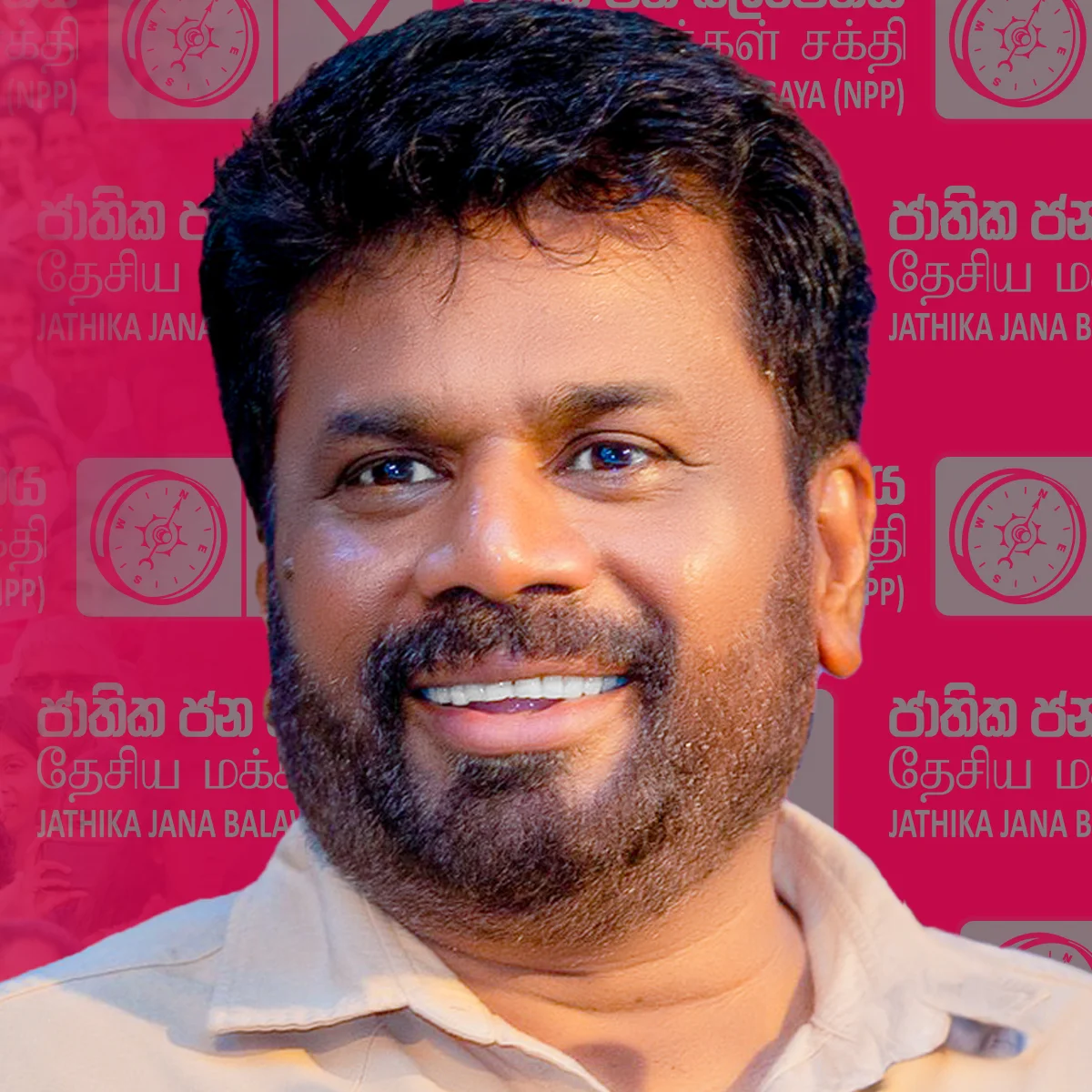 Anura Kumara Dissanayake (Leader)
Anura Kumara Dissanayake (Leader) Professor Liyanage Amarakirthi
Professor Liyanage Amarakirthi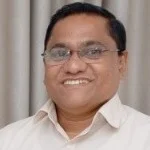 Vijita Herath
Vijita Herath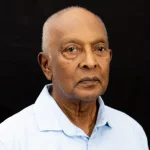 Lal Wijenayake
Lal Wijenayake Nimala Siriwardena
Nimala Siriwardena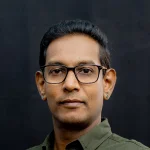 Ravi Siriwardena
Ravi Siriwardena Asoka Peiris
Asoka Peiris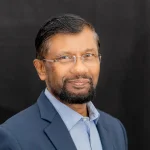 Dr. Nihal Abeysinghe
Dr. Nihal Abeysinghe Bimal Ratnayake
Bimal Ratnayake Professor Anil Jayantha Fernando
Professor Anil Jayantha Fernando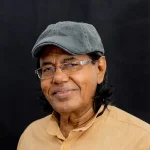 Kamal Perera
Kamal Perera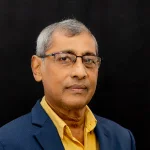 Mahinda Ratnayake
Mahinda Ratnayake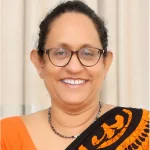 Dr. Harini Amarasuriya
Dr. Harini Amarasuriya Professor Vijay Kumar
Professor Vijay Kumar Harshana Nanayakkara
Harshana Nanayakkara Lal Kantha
Lal Kantha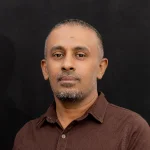 Sheikh Munir Mulaffar
Sheikh Munir Mulaffar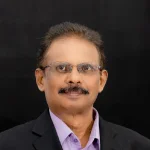 Ajith Hadley Perera
Ajith Hadley Perera Sunil Handunneththi
Sunil Handunneththi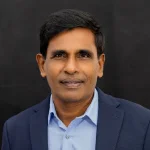 Ananda Wijepala
Ananda Wijepala Visakesha Chandrasekharm
Visakesha Chandrasekharm Dr. Nalinda Jayathissa
Dr. Nalinda Jayathissa Professor Wasantha Subasinghe
Professor Wasantha Subasinghe Upul Kumarapperuma
Upul Kumarapperuma Professor Chrishantha Abeysena
Professor Chrishantha Abeysena Jagath Manuvarna
Jagath Manuvarna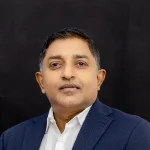 Muditha Nanayakkara
Muditha Nanayakkara Ramalingam Chandrasekar
Ramalingam Chandrasekar Saroja Savitri Paulraj
Saroja Savitri Paulraj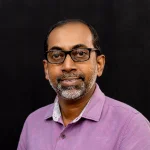 Professor Sunil Senevi
Professor Sunil Senevi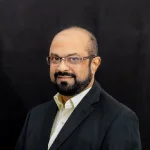 Kumara Jayakody
Kumara Jayakody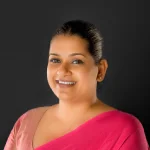 Vraie Cally Balthazar
Vraie Cally Balthazar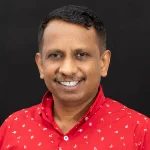 Samantha Vidyaratne
Samantha Vidyaratne Professor Jinasena Hevage
Professor Jinasena Hevage I. N. Ikram
I. N. Ikram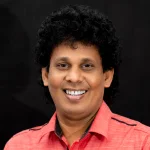 Wasantha Samarasinghe
Wasantha Samarasinghe Charith Galhena
Charith Galhena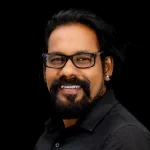 Premaratne Tennakon
Premaratne Tennakon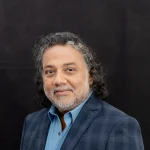 Dr. Rizvi Sali
Dr. Rizvi Sali Dr. Kaushalya Ariyaratne
Dr. Kaushalya Ariyaratne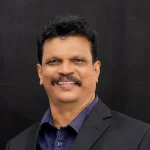 Aruna Shanta Nonis
Aruna Shanta Nonis Nihal Galappatti
Nihal Galappatti Samanmalee Gunasinghe
Samanmalee Gunasinghe Dr. Ajith De Mel
Dr. Ajith De Mel Chaminda Jayasuriya
Chaminda Jayasuriya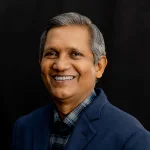 Vijith Rohana
Vijith Rohana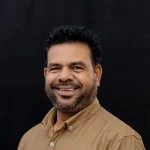 Namal Karunaratne
Namal Karunaratne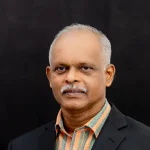 P.D.N.K.Palihena
P.D.N.K.Palihena Krishnan Kalaichchelvi
Krishnan Kalaichchelvi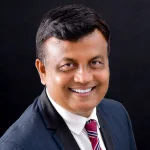 Sunil Vatagala
Sunil Vatagala Dr. H.P. dhammika
Dr. H.P. dhammika Professor Upali Panilage
Professor Upali Panilage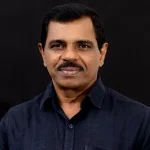 Nalin Hewage
Nalin Hewage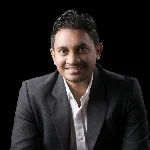 Chaturanga Abeysinghe
Chaturanga Abeysinghe Eranga Weeraratne
Eranga Weeraratne Kitnan Selvaraj
Kitnan Selvaraj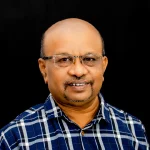 Lakshman Nipunarachchi
Lakshman Nipunarachchi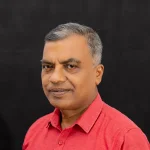 R.M. Jayawardene
R.M. Jayawardene Sandun Yaapa
Sandun Yaapa Dr. Ashoka Ranwala
Dr. Ashoka Ranwala Ravindu Usvatakeiya
Ravindu Usvatakeiya Arun Hemachandra
Arun Hemachandra Rathne Gamage
Rathne Gamage Upali Samarasinghe
Upali Samarasinghe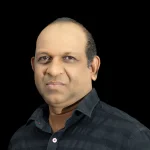 Wasantha Piyathissa
Wasantha Piyathissa Mahinda Jayasinghe
Mahinda Jayasinghe Eranga Gunasekara
Eranga Gunasekara Shantha Padmakumara
Shantha Padmakumara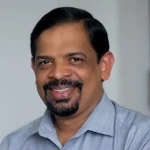 Gamagedara Dissanayake
Gamagedara Dissanayake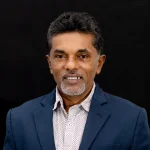 T.B.Sarath
T.B.Sarath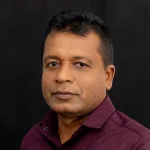 Manjula Suraweera Arachchi
Manjula Suraweera Arachchi Dr. Anura Karunathileka
Dr. Anura Karunathileka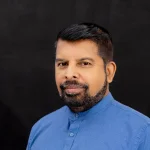 Professor Chandana Abeyrathne
Professor Chandana Abeyrathne

